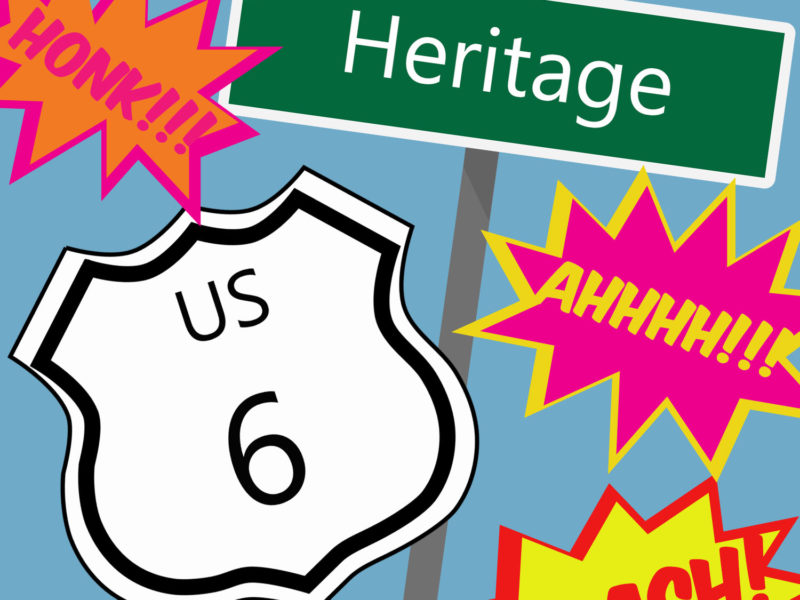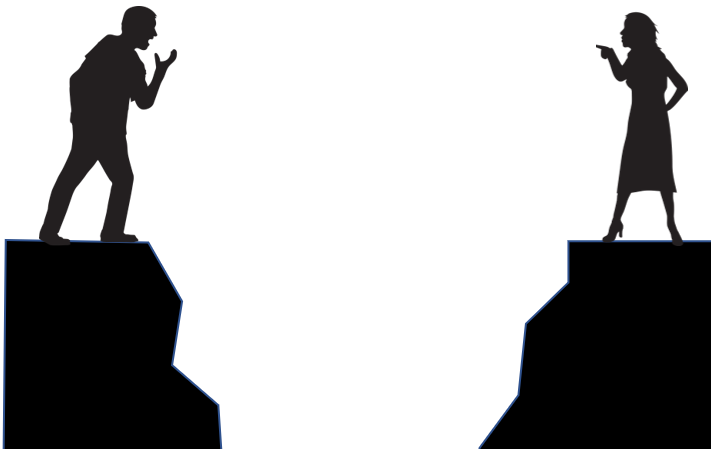The Electoral College, the body of 538 delegates who vote for the president in December, the body created by the constitution, is inherently undemocratic. There I said it, but before you start burning effigies hear me out.
We fervently believe in democracy, because it is what makes our country so amazing. We have a society where rather than our leaders being decided by heritage, we as citizens decide through voting. Except not. We as a collective body of citizens do not choose the president, the electoral college does. Perhaps you contend that the Electors represent the will of the voters that sent them, except while the “Constitution sets up the system of electors, it does not mandate that they follow the popular vote.” Sure, rarely has an elector voted against the popular vote of their state, but why have a system where this is even remotely possible? Perhaps you believe that the flawed nature of the Electoral College is worth it because it protects smaller states. But logistically and mathematically this is simply not true. Based on the distribution of Electors as it stands now, a presidential candidate can win a majority of the electoral votes simply by winning the 11 biggest states. And in the 2008 election the two major candidates spent 57% of their time and 55% of their money on just four states: OH, IL, PA, and VA. The Electoral college does not protect the interests of small states. Nor does the electoral college fairly represent the interests of the majority of the citizens. Under the system currently set-up a candidate can win the presidency via the electoral college by only winning 21.9% of the popular vote. This hypothetical situation has never occurred to such an extent, but 4 times in our country’s history the candidate who received the popular vote lost the election: Tilden, Cleveland, Gore, and now Clinton.
However, I am not going to affirm that an election determined by the popular vote is the correct replacement. The fear that urban population density creates an unfair, unrepresentative voting body is incredibly reasonable. In 2010 80.7% of the United State’s population lived in urban sectors; meaning, under a popular vote system, the votes and concerns of rural americans would be less important than their urban counterparts. And these issues get at the core of the argument over the Electoral College. Should our government be reflective of its citizens or of its states? This question is impossible to answer definitively. It comes down to personal preference and how each of us view the function of government. In a country as vast and geographically and culturally diverse as the United States there is certainly an argument to be made that a government chosen by the states is far more representative of all its people than the popular vote would be. But on the flip side it is also very reasonable to argue that a government that serves its people should reflect the will of its population. Whatever side of the argument you fall on I think it is important you realize that the Electoral college protects neither of these interests. The system we have in place now does not protect and reflect the will of the popular vote nor does it ensure that the will of each state is equally heard. To illustrate this issue one more time consider if all the citizens of the united States lived in California leaving one citizen each in every other state. A presidential candidate could win the election simply by winning California.
If all of this has not swayed you and you still think the Electoral College is the best option to reflect the will of this country’s citizens and states, remember that the Electors we vote for do not represent the will of you, me, or any other voter; they can vote for whoever they want. We have a system set-up where our rights are stripped away to protect us from ourselves. That is not democracy, that is asinine. It is time we had a real talk about how our country should fairly elect its future presidents. The Electoral College is not the answer.




'The Electoral College' has no comments
Be the first to comment this post!